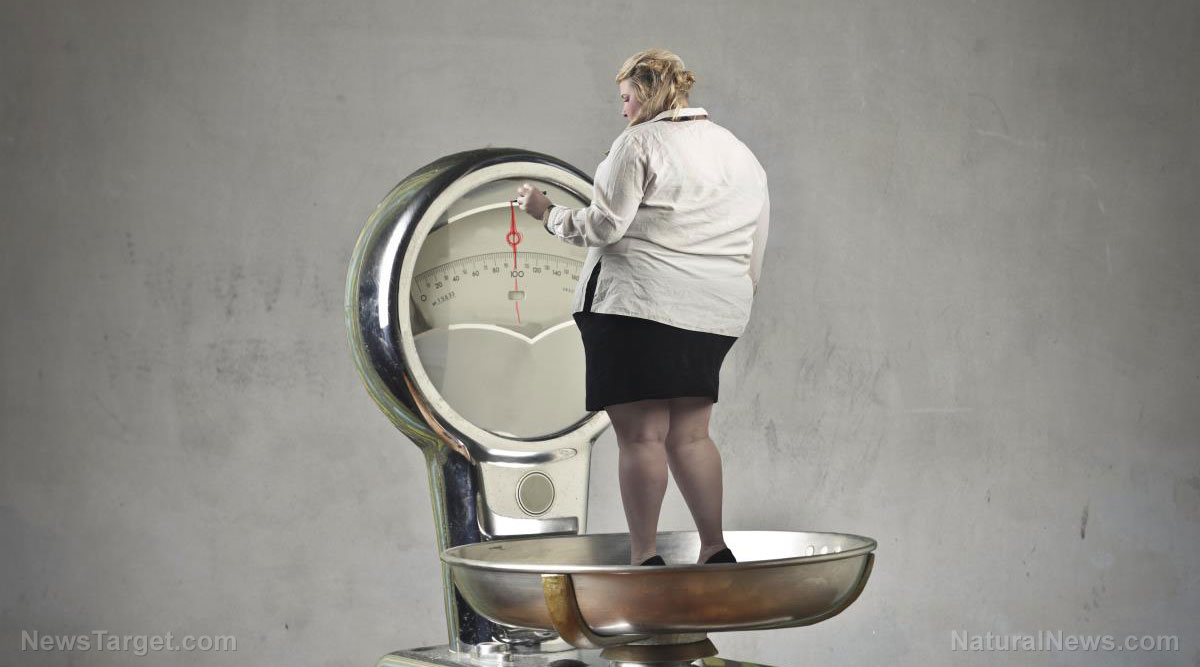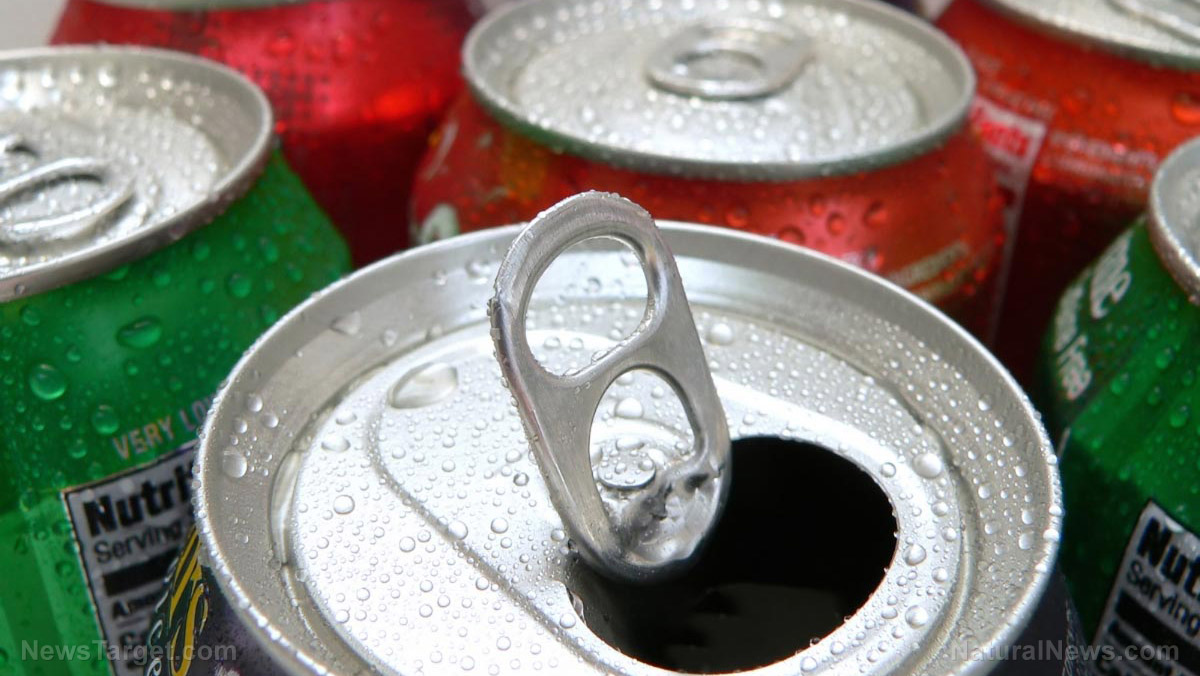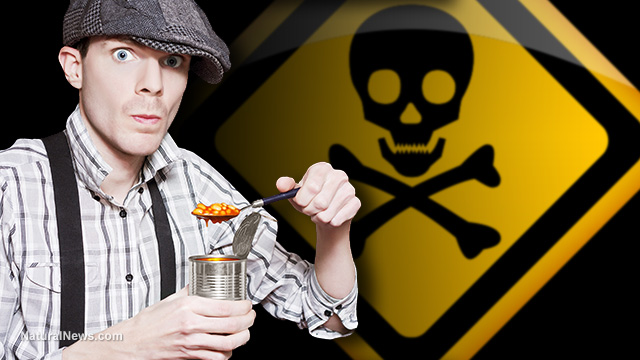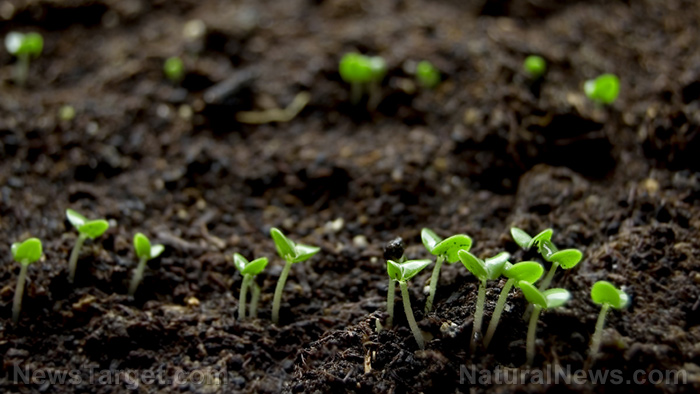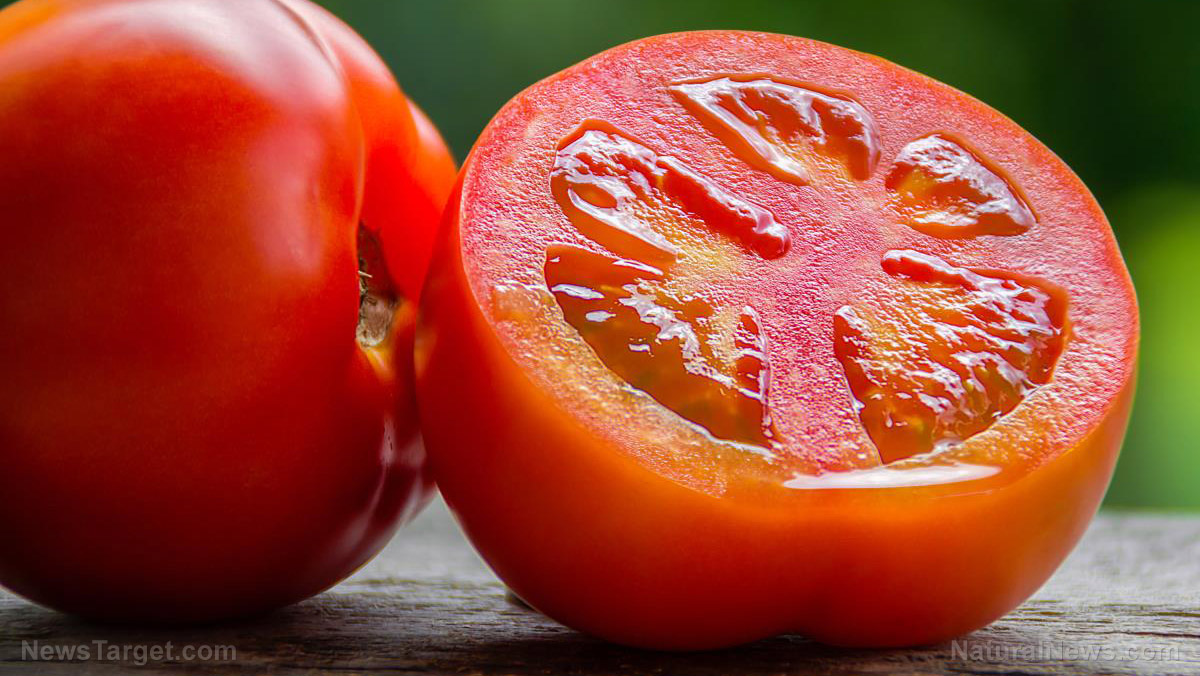Salty and sweet: Snacks and treats provide a quick boost but the damaging side effects last longer
07/24/2018 / By Rhonda Johansson

Is that candy bar worth a lifetime of disease? As more evidence comes out on the dangerous effects of unhealthy snacks, are you willing to gamble your entire well-being for a few seconds of happiness? An interesting discussion written on The Daily Mail gave a second-by-second portrait of how junk food influences your body – from an artificial high gained from sugary-sludge chocolate to a nine-day energy drink hangover.
The main culprits of your bad health are chips and chocolate. This salty and sweet duo not only stresses out your liver but changes the way your brain works as well. The scary thing is, the “high” works immediately.
Take potato chips, for example. Salt is a rare nutrient, so our bodies are biologically programmed to crave it. Once it hits our tongue, we become instantly addicted. However, our brains can’t really tell how much salt is in our body, even as they are dissolved by our stomach acids. In the end, our brain tells us it “needs” more even when it really doesn’t. Nutritionists caution against this cycle, saying that consuming potato chips in excess dramatically increases the risk for obesity, hypertension, Type 2 diabetes, and coronary disease. The salt found in chips can remain in our bodies for at least several days.
Sadly, new research suggests that we’ve got a long way to go before we completely remove chips from our diet. A study found in the New England Journal of Medicine concluded that potato chips are now the single largest contributor to the obesity epidemic in the U.S. Some say this is not our fault – at least in terms of being suckers for the addicting sound potato chips make when they’re bitten into. Psychologists have stated that food manufacturers have studied the effect sound had on the how much people enjoyed their snacks. The crisper the sound a potato chip makes when broken makes the snack seem more “tasty.” Texture and flavor coating have also been studied.
Chocolate is not that great, either. Take note that we’re not talking about the good dark chocolate that is composed of 70 percent cacao. These are the snacks that are more sugar than anything else. As with chips, chocolate gives people a “high – but it’s far more powerful as chocolate triggers the release of feel-good hormones. Nevertheless, the sugar rush reaches its peak after 30 minutes then plunges the person into a state of lethargy and irritability.
Fighting its way up the ranks of unhealthy snacks is energy drinks. Recent data tell us that more people (especially young adults) are using these beverages to “get them through the day.” But these drinks carry with them so many potential dangers. They are not only filled with heart-stimulating compounds (that increase your risk of cardiac arrest) but are loaded with sugar too (making diabetes all the more likely). Other potential side-effects include: frequent headaches and/or migraines, insomnia, increased anxiety, jitters and nervousness, and vomiting. Moreover, the effects of energy drinks can last for at least nine days. (Related: Energy drinks found to be shockingly toxic to the human heart.)
Other snacks to avoid? Microwave popcorn, crackers, and “healthy” performance bars. These food items are either loaded with sodium or sugar. The best way to check for this is to read the ingredients list.
Nutritionists recommend these healthy snacks instead:
- Mixed nuts – Nuts reduce the risk of heart disease and certain types of cancer. Nuts are also filling and can help you lose weight.
- Greek yogurt and mixed berries – Yogurt is filled with probiotics which are good for your digestive system. Berries, on the other hand, are good sources of antioxidants.
- Apple slices with peanut butter – Apples improve gut health while reducing the risk of heart disease. Adding peanut butter makes the snack more heart-healthy as the spread manages cholesterol levels.
Learn more about the snacks you should and shouldn’t eat at Food.news.
Sources include:
Tagged Under: Chocolate, fast food, healthy living, healthy snacks, mind body science, nutrition, obesity, potato chips, salty snacks, snacks, sugar, sugary snacks

